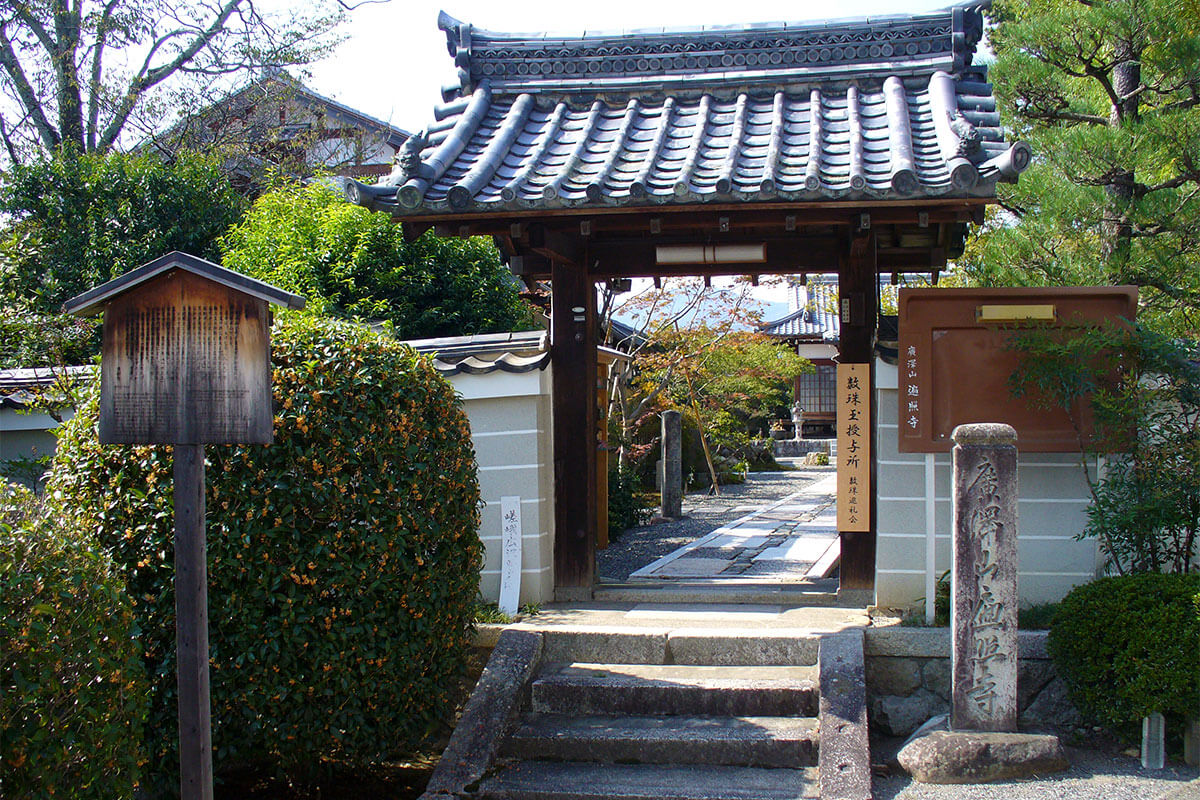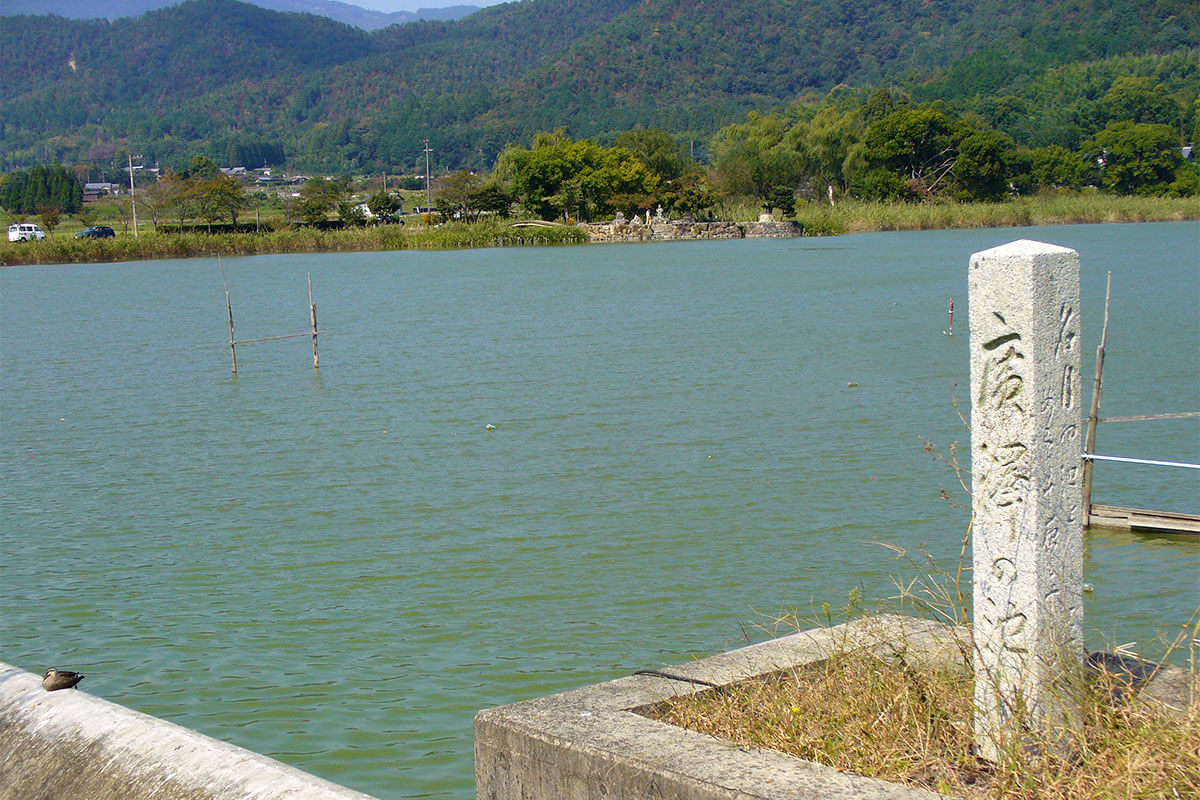
PR
Abe no Seimei, a Heian-period Yin-Yang master, used Shikigami (Shikijin: one of the main spells used in the Yin-Yang path).It is said that Guests who visited Seimei's residence were surprised to see the gate open and close even though no one was there. It is said that this, too, was actually opened and closed by a shikigami invisible to the human eye.
There are two types of shikigami that Seimei is said to have used. One is the Twelve Divine Generals that were hidden in Ichijo-gibashi Bridge. The other was originally inanimate objects such as paper, pieces of wood, and leaves, to which he added magical powers to manipulate them as if they were living creatures. Seimei is said to have used the latter shikigami to crush the livers of those present.
that (something or someone distant from the speaker, close to the listener)The setting is Henshoji Temple in Saga-Hirozawa, Ukyo-ku, Tokyo.was.

Hensho-ji Temple, which still exists today, though on a smaller scale.
The temple was built by Kancho, a grandson of Emperor Uda, at the request of Emperor Hanayama. At that time, the temple had a magnificent complex with a tsuriden and a tsukimido (moon-viewing hall) on the shore of the Hirosawa Pond, but it was devastated during the Onin War.
One day. Seimei visited the monk Kancho at Henshoji Temple. At that time, some young officials at the temple looked at Seimei and asked him in amusement, "Can you kill a person by the art of shikigami? Seimei replied, "It is not easy to kill a person, but it is easy to kill an insect. But once you kill them, you cannot bring them back to life. Just then, several frogs leapt from the temple garden to the shore of the pond that stretched out before them. When the officials saw this, they said, "Well then, try to kill it. I want to see your power.
Perhaps there was some malice lurking in them, wondering if they could really do such a thing, and wanting to cause a bit of trouble. Seimei had no choice but to pick up a blade of grass in the garden, recite a curse, and throw it at the frog. The leaf fluttered onto a frog, and the frog flopped down. The frog was instantly crushed to a pulp and died in a flash. The people who witnessed this scene changed color and trembled without uttering a sound. This episode is described in "Konjaku Monogatari (Tales of Ancient Times)" and "Uji Jigai Monogatari (Tales of Uji Pickup)".
The pond to which the frogs were heading is called Hirosawa Pondand the area has long been known as a scenic spot. The aristocrats of the Heian period (794-1185) visited here along what was called "the ancient road of a thousand generations," enjoying the moon and composing many waka poems. It is said that Hirozawa Pond was originally built during the construction of Hensho-ji Temple, but one theory is that it was a reservoir created by the powerful Hata clan when they were cultivating the land.
Today, the Hirozawa Pond is about 1.2 km in circumference, overlooking the mountains of Saga, where waterfowl rest their wings and, peering into the depths of the water, one can see crayfish, now a rarity in the area. It is one of the few places where one can imagine the power of Abe no Seimei as a Yin-Yang master and the landscape of the time in which they lived.Seimei is said to have excelled in astronomy, and one wonders how he would have handled the situation if he had come back to life now that the new coronavirus has spread and torrential rain disasters continue to occur.

Stone monument inscribed with "Hirosawa Pond" and Hirosawa Pond
Tradition that exists everywhere in the city of Kyoto. It is not just a picture, it is secretly alive in this modern age and continues to coexist with people. The two of Office TO, who previously wrote a series of articles "Kyoto's Demon World Exploration" in the monthly magazine Leaf, explore the mysterious "different" world of Kyoto, which was created over 1200 years. I will unravel the story while actually visiting the place. .
 News
News Feature article
Feature article Featured event
Featured event